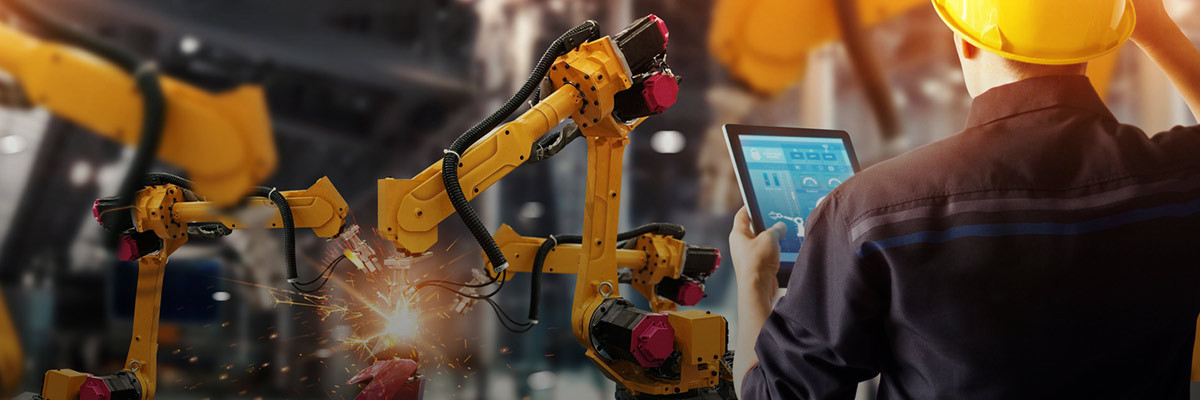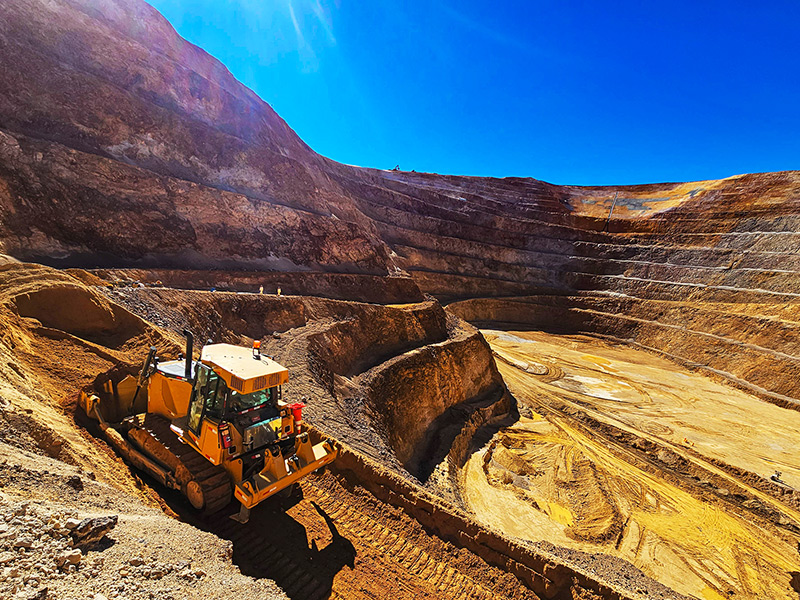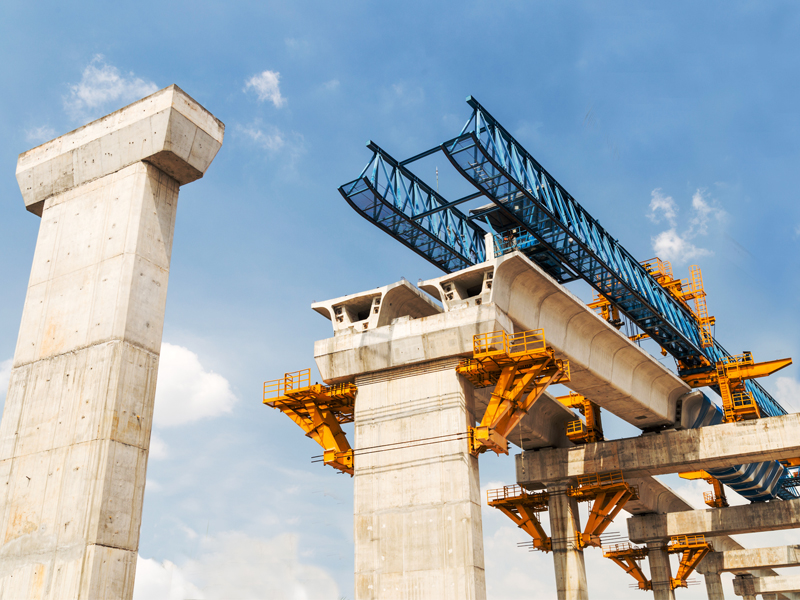
Authors
-
Jeremy Prepscius
Former Vice President, Asia-Pacific, BSR
More than any crisis in recent history, the COVID-19 pandemic has demonstrated the urgency of creating more resilient businesses and economies. Countries, businesses, supply chains, workforces, communities—all are being affected by COVID-19 and other issues relating to resilience and COVID-19’s cascading economic, social and personal impacts, starting of course with those who have fallen ill or tragically passed, as well as caregivers and other front-line responders risking their lives.
COVID-19 is leaving tremendous disruption in its wake in other long-lasting and grievous ways. The required economic shutdowns mean loss of income and depletion of savings, not to mention the specter of widespread hunger. The cascading impacts on supply chains are manifest, as key inputs (from meats to component parts) slow to a trickle, causing broader business disruption. Meanwhile, the impacts of social distancing and remote working include, among others, acute family care challenges and rising rates of domestic abuse.
COVID-19’s Impact on Supply Chains: Meet the Moment
Understanding the impacts of COVID-19 within the countries and supply chains producing your product are important to determining how your company can play a role in responding and mitigating current issues and investing in future resilience. The efforts your company undertakes now will have impacts on the safety, security, and livelihoods of those making your product in your operations and supply chains around the world. When looking at mitigation needs and opportunities, here are three important ideas:
- Honor your contracts. Pay for what you’ve ordered and do not externalize additional financial liability on to your contractors and, via the contractors, the workers who produce your products.
- Seek support payments for the impacted workforce. Vulnerable workers at the bottom of supply chains in your production line will be impacted the most by the COVID-19 crisis. Work with your industry, relevant governments, and international aid agencies to find money, resources, and other forms of support for those who need it most.
- Triage and build lifelines. Help find support for the factories most important to your business today and in the coming future. Are there ways to connect loan guarantees, order histories, and future orders to factories to enable their resilience and workforce support?
COVID’s Impact on Supply Chains: Build the Future
The current crisis isn’t the first nor will it be the last. Investments in the resilience of your partners and their workforce will be important to overcome the next, inevitable crisis.
- Seek to avoid the next crisis. Today it is a virus, next year it may be a typhoon, or a drought, or an earthquake, or a tsunami, or something else. Impacts from climate change are here and will continue. Business continuity planning is important to invest in at the site level, the firm level, and the supply chain resilience level. In addition to building your own business resilience, work with your vendors to build continuity plans covering their own businesses, extending to their community, and explicitly including the workforce.
- Understand potential impact, particularly those most at risk. Planning for the future means understanding the potential impacts on people—and in particular those most at risk. COVID-19 has shown, for instance, the sharp challenges faced by migrant workers, by those with the least resources, and often by women in facing economic, social, and personal hardship and even death.
- Invest in worker and employee resilience. Work to ensure 100 percent of workers in your factories and your own employees are paid via digital wages to enable easier access to financial resources and support during times of crisis. Create incentives to ensure your factories are educating their workers in the things that matter—from workplace skills training to financial literacy and savings, to health and hygiene, and including respect and the avoidance of workplace violence. Mirror this in your own operations, as the front lines of COVID-19 are everywhere and change rapidly. Invest in the skills, competencies, authority and culture of your own organization and staff to meet the moment and build the future. They are key to your future success.
Investments in the resilience of your partners and their workforce will be important to overcome the next, inevitable crisis.
- Connect and build factory systems. Utilize and connect existing factory systems to create resilience and early warning capabilities. Your supplier’s health clinics should be appropriately resourced and trained, connected to local health authorities, and able to support their workforce. Factory community engagement strategies, staff, and resources can also be connected to disaster mitigation efforts and planning. Connection of broader supply chains to Sustainable Development Goal (SDG) targets, climate action plans, and resilience efforts will help to build resilience valuable to the supplier, the community, the workers, and the supply chain itself.
- Reprice risk in your supply chain. COVID-19 uncovers many of the hidden challenges of lowest-cost sourcing models. Unpriced risk may be embedded in the model and COVID-19 is illuminating these risks—from supplier financial resilience, workforce and community resilience, and component traceability and availability to preparedness for the next, inevitable challenge. Understanding pricing and integrating these risks into your supply chain models is important to enabling longer term resilience.
- Break the boundaries and innovate to meet the future. The challenges we will face in the future, from climate change to pollution, a growing global population, and, in some places, aging societies, will require new thinking, innovation, and experiments. The efforts of today have obviously not succeeded at the level we need, and the imperative change is of ever greater importance.
BSR works with our member companies and their value chains via our global consulting practice and COVID-19 response. BSR’s HERproject directly connects via local partners to workers, particularly women in global value chains. In this decisive decade, we welcome the opportunity to meet the moment and the challenge of COVID-19 and build the future—and a more just and sustainable world.
Topics
Let’s talk about how BSR can help you to transform your business and achieve your sustainability goals.







